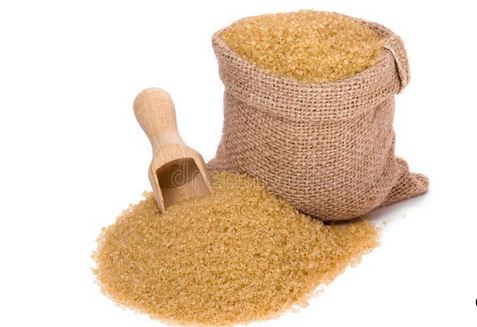

The Kenya Bureau of Standards (KEBS) has refuted
widespread claims suggesting that contaminated sugar has found its way into the
market.
In a statement released on Thursday, KEBS assured the
public that no consignment of sugar unfit for human consumption has been
cleared for release.
The agency affirmed that both locally produced and
imported sugar are subjected to mandatory and rigorous inspection, testing, and
certification processes before reaching consumers.
“Our attention is drawn to statements circulating in
the public domain alleging that contaminated sugar is circulating in the Kenyan
Market,” the statement read.
“KEBS would like to dispel these allegations and
ascertain that both locally produced and imported sugar undergo mandatory and
rigorous inspection, testing and certification before release to the market.”
The bureau urged the public to disregard unverified
and alarming information, particularly from social media and other informal
platforms.
KEBS reaffirmed its commitment to transparency and
vigilance in safeguarding public health.
In a continued effort to protect consumers, KEBS
encouraged the public to report any suspected cases of substandard products
through its Wajibika na KEBS program.
Consumers can verify the authenticity of S-Mark or
ISM-marked products by texting the code to 20023, or report concerns via the
toll-free number 1545, available Monday to Friday during official working
hours.
KEBS response comes after the opposition united
leaders claimed that there was a
consignment of 25,000 metric tonnes of sugar allegedly declared unfit for human
consumption but currently being distributed across the country.
Led by Wiper
party leader Kalonzo Musyoka, they alleged the sugar, which recently arrived at
the Port of Mombasa, is being transported to a factory in the Western region,
where it is expected to be repackaged and sold to unsuspecting consumers.
“We are aware of a cargo of 25,000MT
of sugar that recently landed in our Port of Mombasa. These 25,000 MT of sugar
are already on their way to a Western Kenya sugar factory to be repackaged and
sold to unsuspecting Kenyans,” Kalonzo said.












